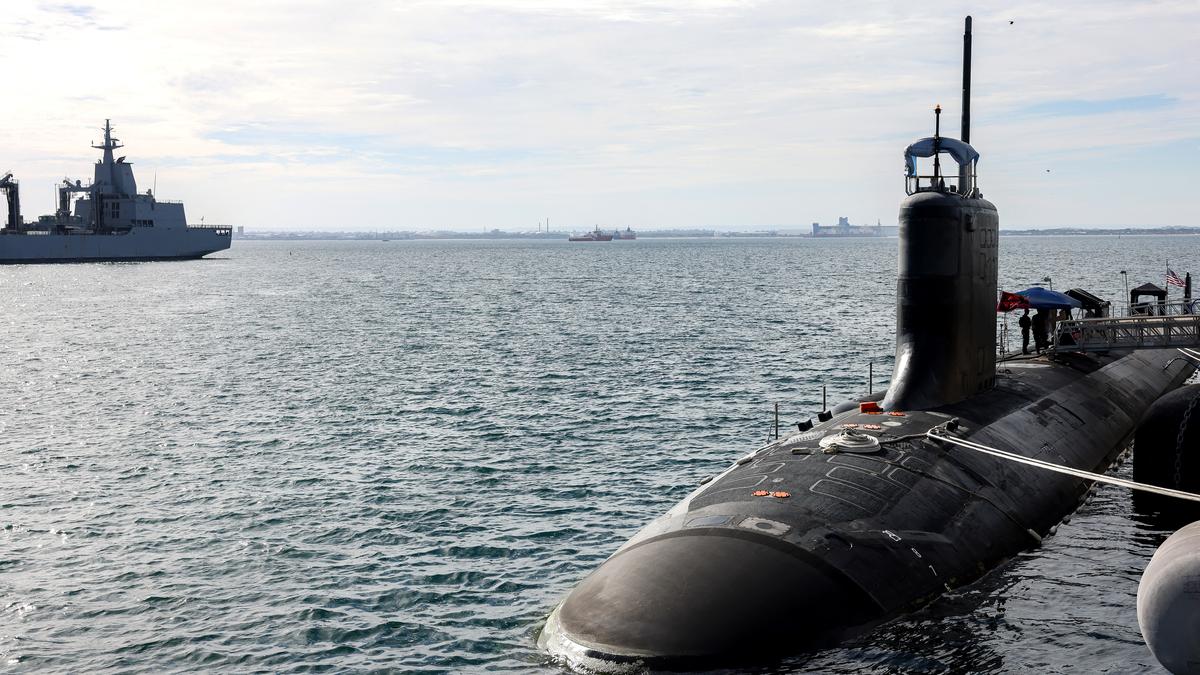
Last week, an IMF mission led by Iva Petrova concluded talks with Pakistani authorities on the second review of the EFF agreed in 2024 and the first review for the RSF climate loan agreed this year, but it left Pakistan without signing a staff-level agreement.
| Photo Credit: Reuters
Pakistan and the IMF on Wednesday (October 15, 2025) reached a staff-level agreement (SLA) on the country’s loan programmes, paving the way for Islamabad to access $1.2 billion, pending approval from the global lender’s board.
The Washington-based International Monetary Fund (IMF) will provide Pakistan with $1 billion under its Extended Fund Facility (EFF) and $200 million under its Resilience and Sustainability Facility (RSF) after approval from the fund’s board.

Last week, an IMF mission led by Iva Petrova concluded talks with Pakistani authorities on the second review of the EFF agreed in 2024 and the first review for the RSF climate loan agreed this year, but it left Pakistan without signing a staff-level agreement.
In a statement issued early on Wednesday, Ms. Petrova stated that the staff-level agreement remained subject to approval by the IMF Executive Board.
“Supported by the EFF, Pakistan’s economic programme is entrenching macroeconomic stability and rebuilding market confidence,” she said.
“The recovery remains on track, with the FY25 current account recording a surplus — the first in 14 years, the fiscal primary balance surpassing the programme target, inflation remaining contained, external buffers strengthening, and financial conditions improving as sovereign spreads have narrowed significantly,” she said.
However, she added, the recent floods had weighed on the country’s outlook, particularly of the agriculture sector, bringing down the projected FY26 gross domestic product (GDP) to about 3.25-3.5%.
The IMF official also noted progress on Pakistan’s policy priorities, saying: “The authorities reaffirmed their commitment to the EFF and RSF-supported programmes, and to maintaining sound and prudent macroeconomic policies while advancing ongoing structural reforms.”
She said that authorities remained committed to meeting the FY26 budget primary surplus of 1.6% of GDP, anchored in sustained efforts to mobilise revenue through tax policy and compliance measures, and “stand ready to take necessary actions should revenue shortfalls risk programme targets”.
“At the same time, the authorities are assessing the flood damage and are providing urgent flood relief support in the affected provinces via reallocations in the provincial and federal budgets,” Ms. Petrova said.
She also said that efforts were underway to enhance revenue mobilisation, broaden burden-sharing between federal and provincial governments, and strengthen public financial management.
The IMF official noted that the State Bank of Pakistan (SBP) was committed to a prudent monetary policy stance to ensure inflation remains durably within its target range of five to seven per cent.
On the issue of circular debt to the power sector, she said that Pakistan remained committed to preventing its accumulation through timely tariff adjustments that ensure cost recovery and maintaining a progressive tariff structure.
Ms. Petrova added that the recent floods and those of 2022 had underscored the need for building Pakistan’s climate resilience.
Published – October 15, 2025 11:40 am IST



